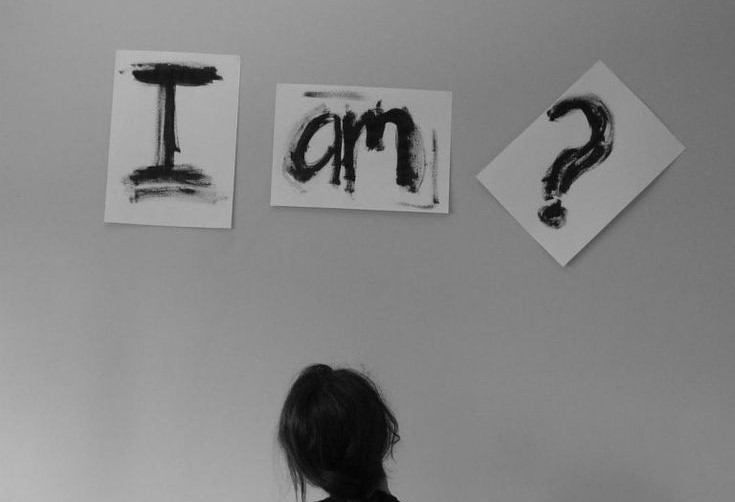“Who am I?” “What do I identify with?” These questions are the north in the compass of our self-discovery journey. If I asked you to introduce yourself to a stranger, how would you introduce yourself? They help us find our identity which is the core of our authentic self.
Identity is a complex and multifaceted concept that encompasses various aspects of an individual’s self-perception, social categorization, and personal characteristics. It is a dynamic and evolving construct influenced by numerous factors, including cultural, social, psychological, and personal experiences. Our identities are not singular but multifaceted, influenced by an interplay of personal reflections, societal expectations, and the mosaic of our experiences.
Why is it important to have a sense of identity? A sense of identity allows you to be aware of characteristics that are unique to you. It is very instrumental in self-discovery because it helps you understand who you have been in the past, who you are in the present and who you will be in the future. This is a significant part of growth as you evolve to be the best version of yourself.
7 Key Components that Contribute to Identity Formation
Identity is broad. Here are key components that contribute to identity formation to help us answer the “Who am I?” question.
Personal identity
This focuses on self-concept and self-esteem. Self-concept is an individual’s perception of who they are. This is the space where we grapple with questions of “Who am I?” and “What do I value?” Exploring this inner landscape allows us to uncover the beliefs, aspirations, and quirks that make us distinctly ourselves. Self-esteem on the other hand is the level of confidence and value an individual has on themselves.
Social Identity
Beyond who we are, we find parts of us influenced by the society we live in. Whether defined by race, gender, religion, or socioeconomic status, these social identities connect us with broader communities, shaping our roles and responsibilities within them.
Cultural Identity
Through enculturation or acculturation we become part of certain cultures by sharing their values, beliefs and traditions passed through generations. Our cultural identity is defined by to what extent we are affiliated or feel part of those cultures. Embracing cultural heritage gives us a sense of belonging.
Gender and Sexual Identity
The exploration of gender identity takes us on a journey beyond societal expectations, allowing us to define our internal sense of gender and express it authentically. In the realm of sexual identity, we discover the spectrum of attraction, embracing the diverse ways individuals experience and express love.
Digital Identity
In the digital age, our online presence shapes a part of our identity. From curated profiles to digital interactions, our digital identity is both a reflection and extension of who we are.
Professional Identity
Within the professional sphere, we wear yet another hat. Professional identity encompasses not only our job titles but also the values and principles guiding our actions in the workplace.
Generational Identity
The shared experiences and cultural influences that define individuals within a particular age group (e.g., Baby Boomers, Millennials, Generation Z).
Identity is not fixed; it evolves over time and can be influenced by life experiences, cultural shifts, personal reflections, and societal changes. It is a subjective and individualized concept, with each person having a unique combination of identities that contribute to their sense of self. Additionally, identity is relational, as it is often shaped through interactions with others and within various social contexts.
Embracing and understanding one’s identity is a crucial aspect of personal development and contributes to building authentic connections with others. Now tell me: “Who are you?” (Answer that in your journal).
10 Journal Prompts for Finding Your Identity.
- Name 10 ways you identify in terms of personality. Examples: shy, loud, nice, grumpy, hyper, lazy.
- How are your identities helpful and unhelpful? Fixed or changeable?
- What are your strengths and weaknesses?
- How do you envision yourself evolving as a person? (Take some time and visualize your highest self).
- Journal about your spiritual beliefs and how you identify spiritually.
- What makes you unique?
- What do you stand for?
- How would your closest friends describe you?
- Make a list of things you would like to say ‘NO’ to and a list of things you would like to say ‘YES’ to.
- Now write a small introduction of how you would introduce yourself to a stranger.



Very illuminating.